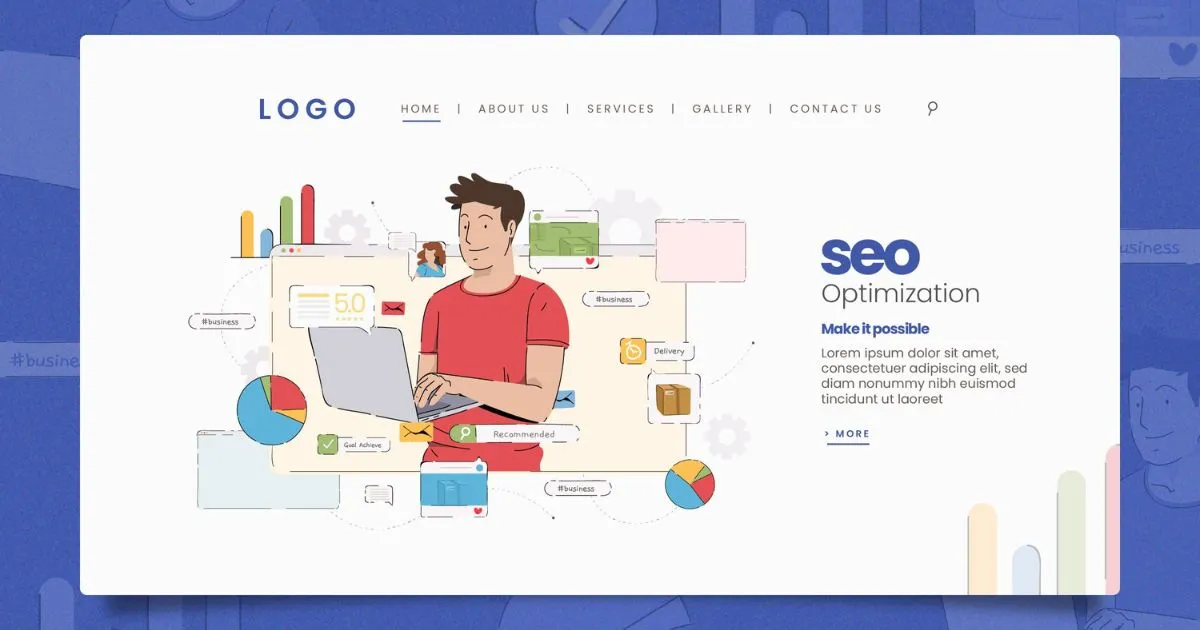A Story from the Future That’s Already Here
“Hey Google, find me a vegan pasta recipe that’s not boring.”
That’s how Maria starts most of her mornings — not by typing, but by talking. Her smart speaker answers instantly, suggesting a few recipes from trusted blogs.
One thing Maria doesn’t realize? Behind that effortless response are dozens of bloggers who’ve optimized their sites for voice search — fighting silently for the #1 spoken answer.
In 2025, more than 65% of online queries were voice-based, and this figure continues to climb. If your blog isn’t voice-ready, you’re missing half your audience.
Let’s fix that.
Why Voice Search Is Changing SEO Forever?
Voice queries are longer, more conversational, and often location- or intent-specific. When people speak, they don’t say: “best SEO tips 2026.” They say: “What are the best SEO strategies for bloggers this year?” (How AI Is Changing the Car Buying Process?)
This shift means traditional keyword stuffing no longer works. You need to understand how people talk, not just what they type.
How Voice Search Works (in Simple Terms)?
- The voice assistant (Google Assistant, Alexa, Siri) converts speech into text.
- It uses natural-language processing (NLP) to interpret meaning.
- It searches for the most relevant, concise, and credible answer.
- The response comes from featured snippets or top-ranked articles.
If your blog provides clear, structured, human-sounding answers, you win that spot.
1️⃣ Use Conversational Keywords
Instead of targeting “voice search SEO,” try:
- “How can I optimize my blog for voice search?”
- “What is voice SEO and why is it important in 2025?”
💡 Pro Tip: Use tools like AnswerThePublic or Google’s “People Also Ask” to find real-world voice queries.
2️⃣ Create Q&A-Style Sections
Search engines love direct, short answers. Structure content like this:
Q: What is voice search SEO?
A: Voice search SEO is the process of optimizing content to appear in spoken responses from digital assistants.
Include 3-5 such FAQs in every post. These often get picked up as featured snippets — the goldmine of voice results.
3️⃣ Optimize for Featured Snippets
Write short, clear definitions under 40 words.
Use numbered lists or bullet points where possible.
For example:
How to optimize for voice search:
- Use natural language
- Answer common questions
- Focus on mobile speed
- Add FAQ schema
- Write concise summaries
4️⃣ Improve Page Speed & Mobile Friendliness
Most voice searches happen on mobile. If your site loads slowly, Google won’t serve it in results.
- Compress images with tools like TinyPNG
- Use a lightweight theme
- Enable caching
- Test on PageSpeed Insights
5️⃣ Add Structured Data (Schema Markup)
Schema helps search engines understand your content.
For voice SEO, two types are crucial:
- FAQPage schema for question-based sections
- HowTo schema for step-by-step guides
💡 Tip: Use Google’s Structured Data Markup Helper to add it easily.
6️⃣ Optimize for Local Voice Searches
Voice assistants often answer “near me” questions.
If you blog about a business or service:
- Include location keywords (city, area)
- Add your business name, address, and phone number (NAP)
- Get listed on Google Business Profile
Example: “Find eco-friendly cafes near Ahmedabad”
7️⃣ Write for Humans, Not Robots
Ironically, the more “human” your content sounds, the better AI understands it. Use short sentences, contractions, and a friendly tone.
Instead of: “Optimizing for voice search requires structured markup implementation.”
Say: “To rank in voice search, add simple code that helps Google read your page better.”
8️⃣ Focus on E-E-A-T (Experience, Expertise, Authoritativeness, Trust)
Google’s 2025 algorithm loves authenticity. Even if you don’t show an author name, ensure your blog has:
- An “About” page
- Credible sources linked
- Updated information
- Natural, fact-checked tone
The Tools That Make Voice SEO Easier
| Purpose | Tool | Why Use It |
| Keyword Research | AnswerThePublic / SEMRush | Find conversational queries |
| Schema | RankMath / Yoast | Add structured data |
| Site Speed | PageSpeed Insights | Detect and fix slow pages |
| Content | ChatGPT | Draft voice-friendly content quickly |
Example Voice-Optimized Blog Structure
- H1: Main topic with focus keyword
- H2: Conversational question
- H3: Direct 30-word answer
- Body: Expand naturally with examples
By following this, your blog has a high chance of being chosen as the voice assistant’s answer.
The Future Is Voice
Voice search isn’t a fad — it’s a shift in how humans interact with the internet. Bloggers who adapt early will dominate the results spoken by Siri, Alexa, and Google Assistant.
So the next time someone says, “Hey Google, who’s the best blog for SEO tips?”, make sure the answer that comes back is yours.






